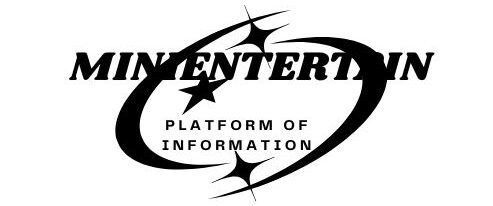
Are you suffering from Tuberculosis (TB)? These 5 best foods for Tuberculosis patients you should eat. Tuberculosis (TB) is a serious infectious disease primarily affecting the lungs but can also impact other parts of the body. Nutrition plays a critical role in supporting the immune system, aiding recovery, and improving the overall well-being of individuals battling TB. In this article, we will explore the 5 best foods for Tuberculosis patients, emphasizing their nutritional benefits and how they can help support recovery.
Table of Contents
Understanding Tuberculosis
TB is caused by the bacterium Mycobacterium tuberculosis. It spreads through airborne droplets when an infected person coughs or sneezes. Common symptoms include persistent cough, chest pain, fatigue, weight loss, and fever. Treatment typically involves a long course of antibiotics, and alongside medical care, proper nutrition is crucial for recovery.
A balanced diet helps boost the immune system, repair tissues, and maintain energy levels, which are all essential for TB patients. Below, we discuss five food categories that can significantly benefit those battling tuberculosis.
5 Best Foods for Tuberculosis Patients
1. Lean Proteins
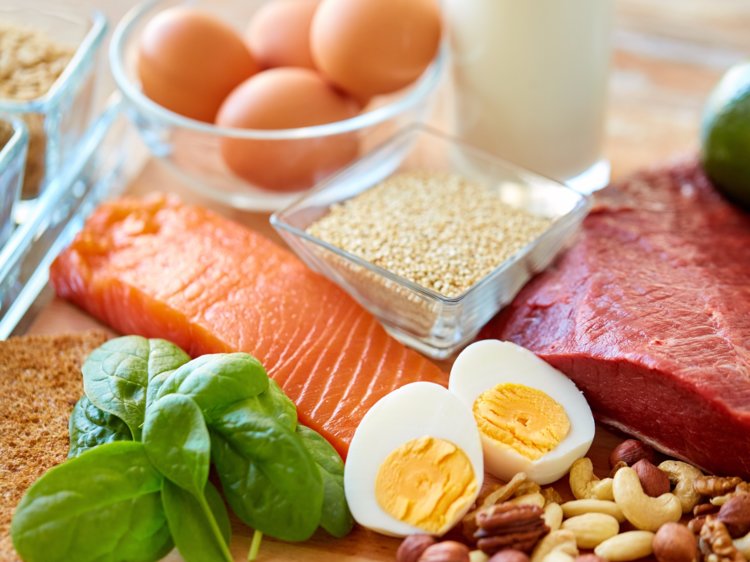
Importance: In the 5 best foods for Tuberculosis Patients, Protein is vital for repairing tissues and building a strong immune system. For TB patients, who often experience weight loss and muscle wasting, adequate protein intake is critical.
Best Sources:
- Chicken and Turkey: These are excellent sources of lean protein. They provide essential amino acids necessary for healing and tissue repair.
- Fish: Rich in omega-3 fatty acids, fish like salmon and mackerel not only provide protein but also have anti-inflammatory properties.
- Legumes: Beans, lentils, and chickpeas are great plant-based protein sources. They are also high in fiber and help maintain digestive health.
| Food Source | Protein Content (per 100g) | Additional Benefits |
|---|---|---|
| Chicken Breast | 31g | Low in fat, B vitamins |
| Salmon | 25g | Omega-3 fatty acids, vitamin D |
| Lentils | 9g | High in fiber, iron |
2. Fruits and Vegetables
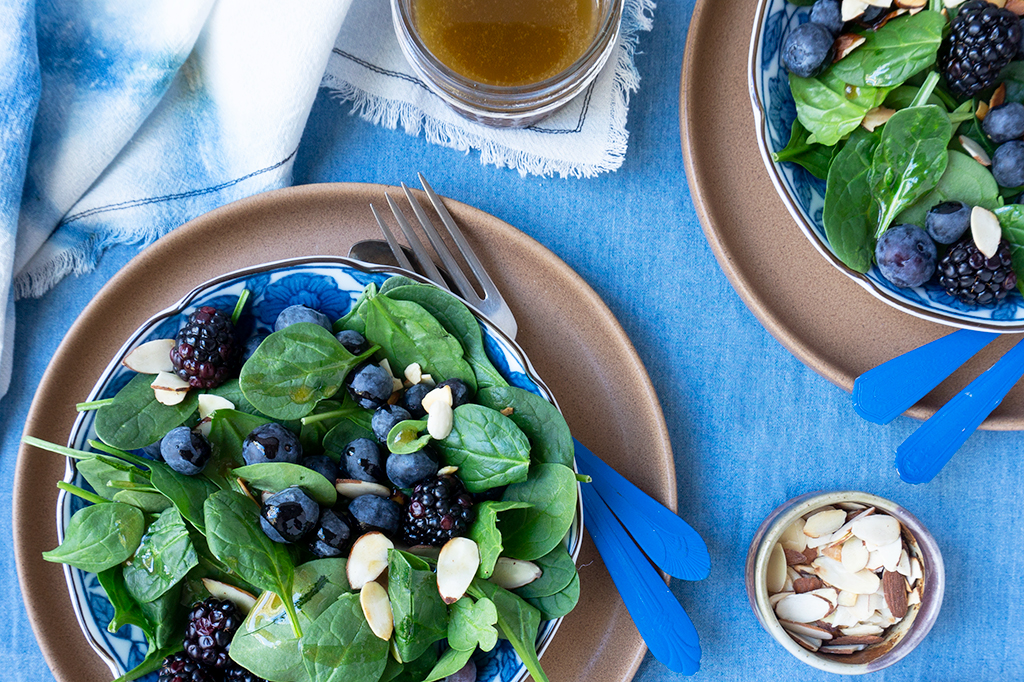
Importance: Fruits and vegetables are packed with vitamins, minerals, and antioxidants, which help fight infections and strengthen the immune system. This is one of the 5 best foods for Tuberculosis patients
Best Choices:
- Citrus Fruits: Oranges, lemons, and grapefruits are high in vitamin C, which boosts the immune system and aids in the absorption of iron.
- Dark Leafy Greens: Spinach, kale, and broccoli are rich in vitamins A, C, and K, as well as iron and calcium.
- Berries: Blueberries, strawberries, and raspberries are high in antioxidants, which combat oxidative stress and inflammation.
| Food Source | Vitamin C (per 100g) | Antioxidant Content |
|---|---|---|
| Oranges | 53.2mg | High |
| Spinach | 28.1mg | Moderate |
| Blueberries | 9.7mg | Very High |
3. Whole Grains
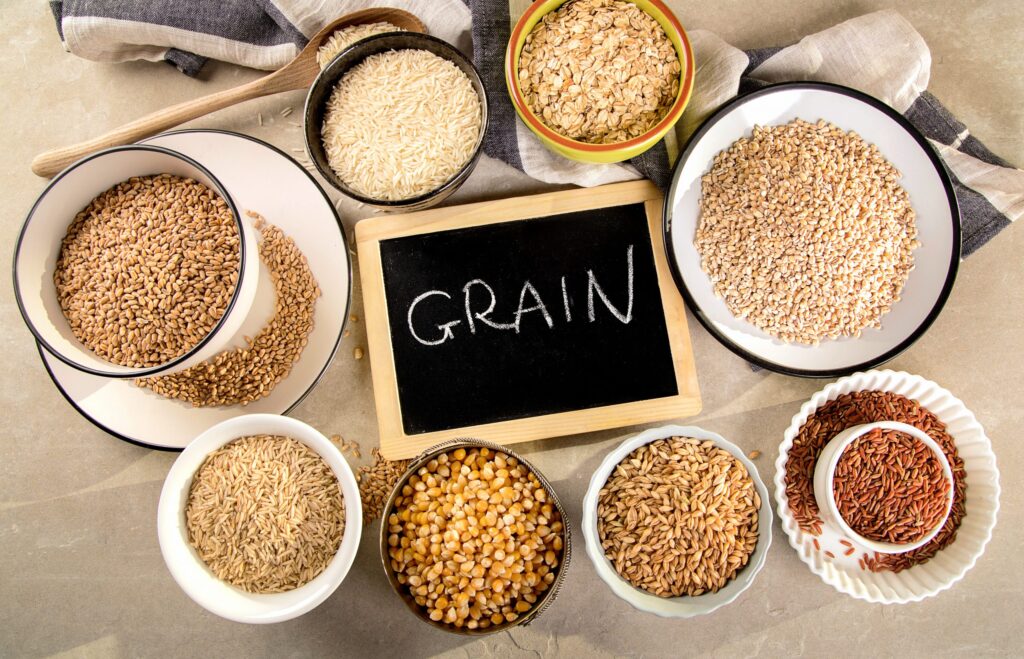
Importance: Whole grains provide complex carbohydrates, which are essential for energy, particularly for those undergoing treatment. They are also rich in fiber, helping maintain a healthy digestive system.
Best Options:
- Brown Rice: A good source of carbohydrates, it also contains vitamins and minerals, including magnesium and B vitamins.
- Oats: High in soluble fiber, oats help lower cholesterol levels and provide sustained energy throughout the day.
- Quinoa: This grain is a complete protein, containing all nine essential amino acids, making it a great option for vegetarian diets.
| Food Source | Fiber Content (per 100g) | Benefits |
|---|---|---|
| Brown Rice | 2.2g | Energy-boosting, gluten-free |
| Oats | 10.6g | Heart health, cholesterol lowering |
| Quinoa | 2.8g | Complete protein, high in iron |
4. Dairy Products
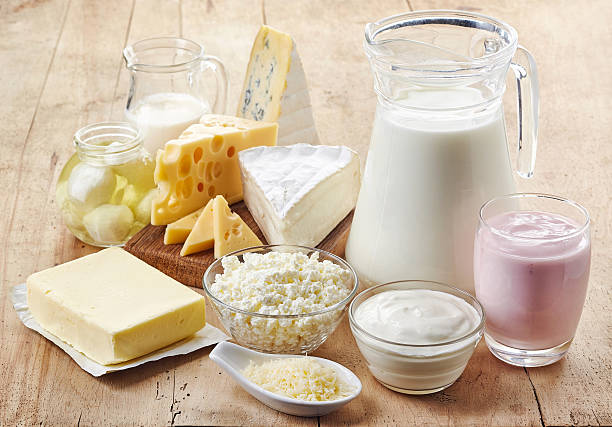
Importance: Dairy products are rich in calcium, protein, and other essential nutrients that support bone health and muscle function. They can be beneficial for TB patients, especially those who may have a higher risk of osteoporosis due to long-term medication use.
Best Sources:
- Milk: A great source of calcium and vitamin D, which are crucial for bone health.
- Yogurt: Contains probiotics that promote gut health and enhance the immune response.
- Cheese: A concentrated source of protein and calcium, cheese can also be a good energy source.
| Food Source | Calcium (per 100g) | Probiotic Content |
|---|---|---|
| Milk | 120mg | Low |
| Yogurt | 110mg | High |
| Cheese | 721mg | Varies by type |
5. Nuts and Seeds
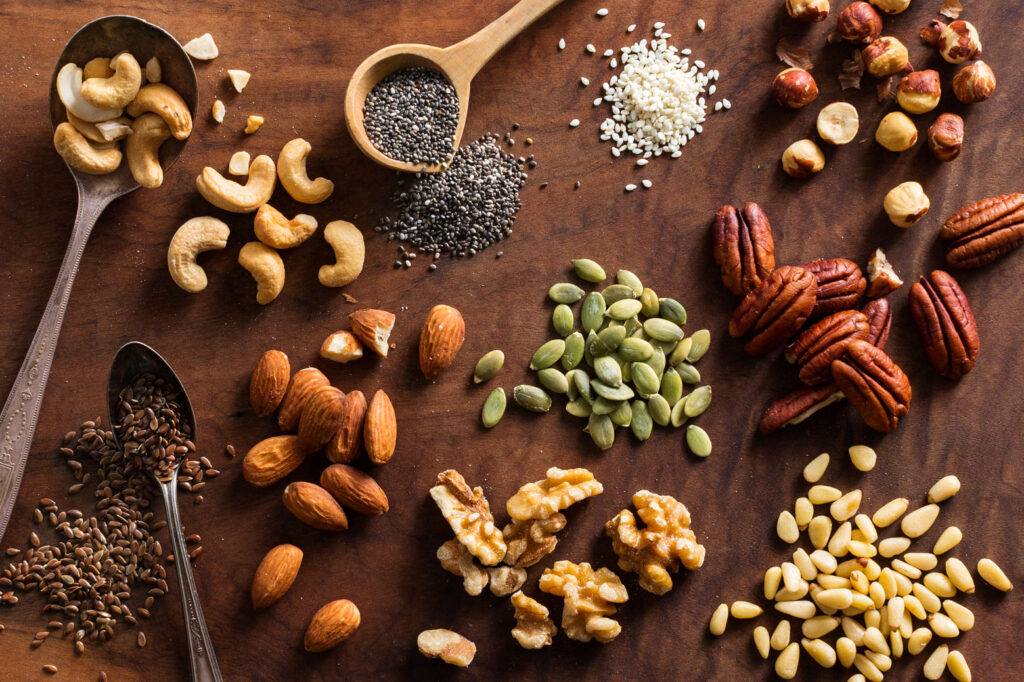
Importance: Last but not least, Nuts and seeds are no 5 on the 5 best foods for Tuberculosis patients. Nuts and seeds are nutrient-dense foods packed with healthy fats, protein, vitamins, and minerals. They provide essential fatty acids that are important for immune function and overall health.
Best Choices:
- Almonds: High in vitamin E and magnesium, almonds are excellent for heart health and boosting the immune system.
- Chia Seeds: These tiny seeds are rich in omega-3 fatty acids, fiber, and protein. They also help regulate digestion.
- Pumpkin Seeds: A good source of zinc, which is vital for immune function and healing.
| Food Source | Healthy Fats (per 100g) | Key Nutrients |
|---|---|---|
| Almonds | 49g | Vitamin E, magnesium |
| Chia Seeds | 31g | Omega-3, fiber |
| Pumpkin Seeds | 19g | Zinc, iron |
Conclusion
Nutrition is a vital component of recovery for tuberculosis patients. The foods highlighted above provide essential nutrients that can aid in healing, boost immunity, and support overall health. While it is important to incorporate these foods into a balanced diet, patients should also consult healthcare professionals for personalized dietary recommendations.
In summary, the combination of lean proteins, fruits and vegetables, whole grains, dairy products, nuts, and seeds can create a strong nutritional foundation for individuals recovering from tuberculosis. By prioritizing these foods, patients can improve their health outcomes and enhance their quality of life during treatment.
